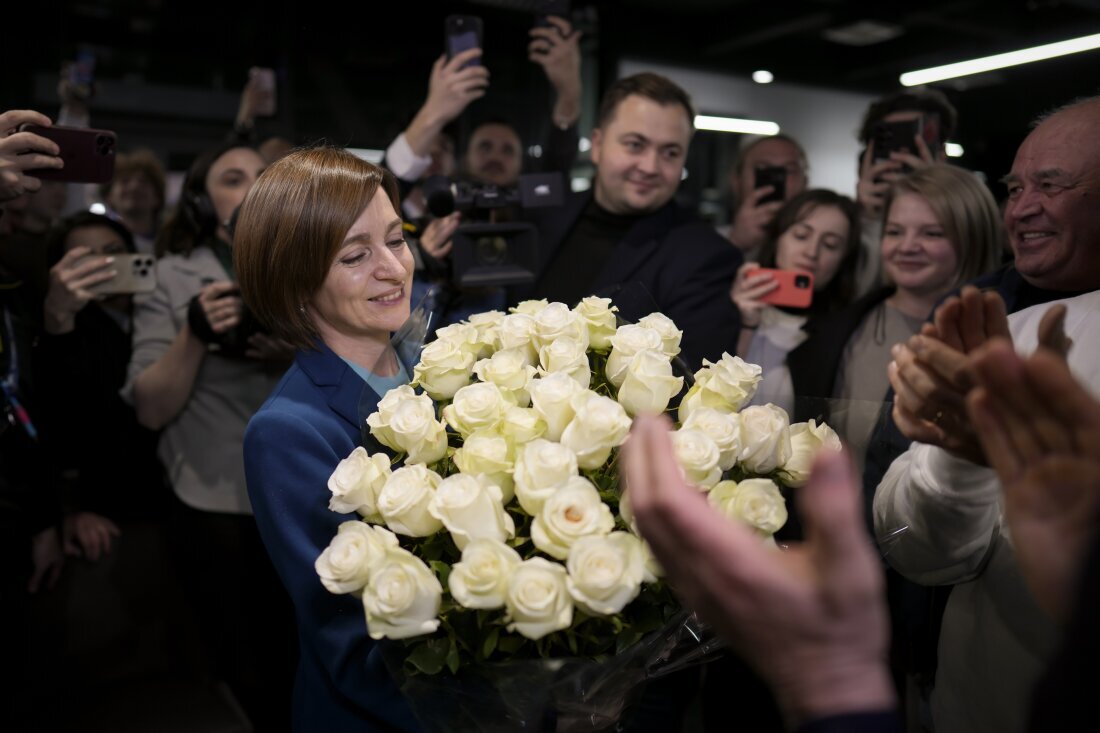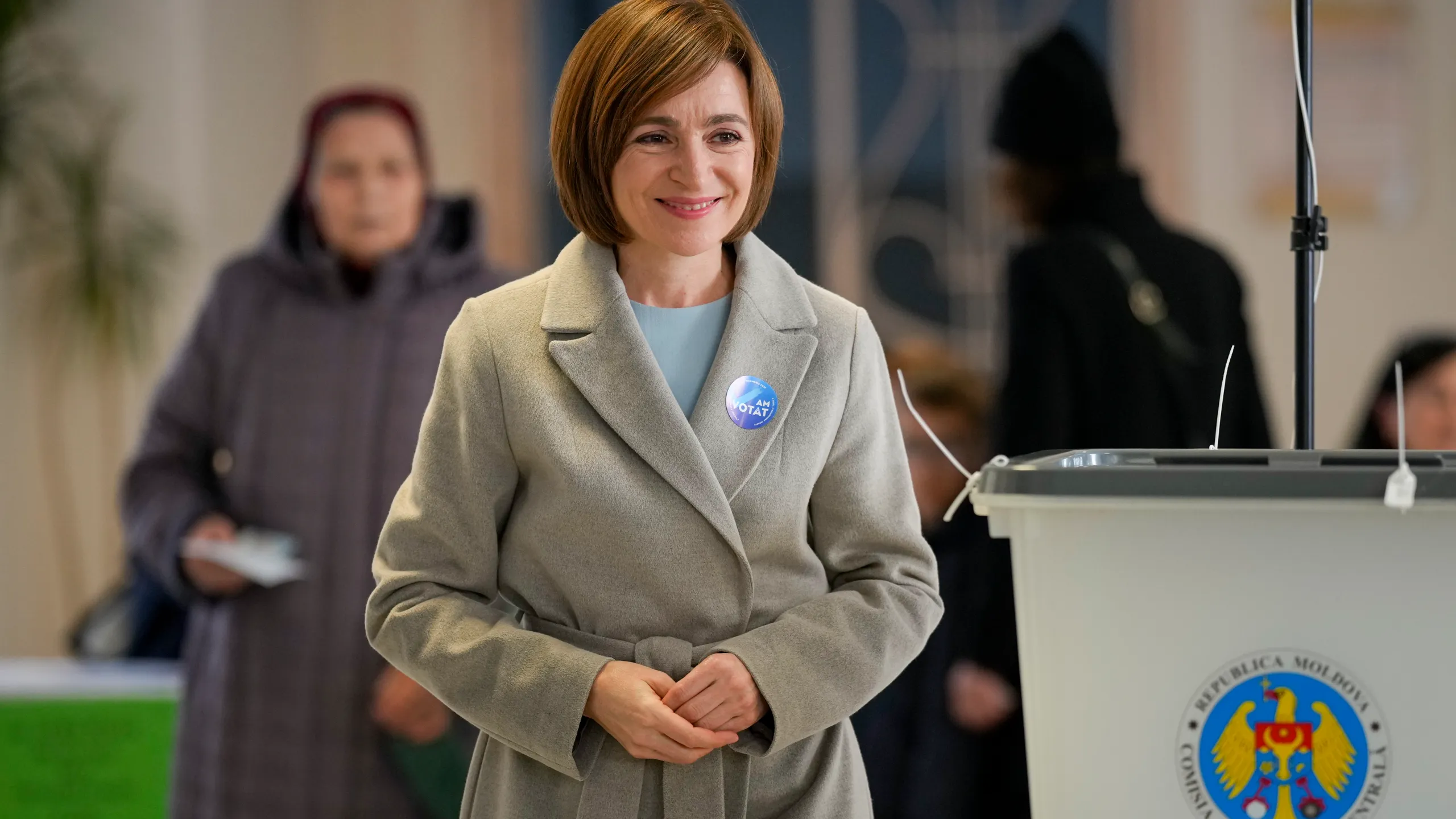In the wake of Maia Sandu’s victory in Moldova’s presidential runoff election, Moscow has questioned the legitimacy of the electoral process amid claims of interference. Sandu, who champions closer ties with the European Union, secured a narrow win against former prosecutor Alexandr Stoianoglu, receiving 55% of the vote according to Moldova’s Central Election Commission.
This victory is particularly significant as it comes after Sandu accused Moscow of unprecedented meddling in the election, including disinformation campaigns and cyberattacks aimed at undermining her candidacy.
Russian officials, including Konstantin Kosachev and Andrey Klishas, have responded by criticizing the electoral process, suggesting that it was skewed in favor of Sandu.
Kosachev accused Moldova of providing more voting opportunities to citizens abroad who were likely to support Sandu, while Klishas claimed that the diaspora votes, which played a crucial role in her victory, were manipulated. These assertions reflect a broader narrative in Russian media, which seeks to delegitimize Sandu’s win and portray the election as unfairly influenced by external factors.

Moldova’s Presidential Election Victory Amid Russian Claims of Interference Raises Geopolitical Tensions
Despite Moldova’s accusations of Russian interference, the Kremlin has denied any involvement and has sought to maintain its influence in the region. Russia has strategic interests in Moldova, particularly in Transnistria, a breakaway region that hosts a small Russian military presence.
This region’s significance as a potential staging ground for military actions against Ukraine highlights the stakes involved in Moldova’s political situation, as the Kremlin may be keen to support pro-Russian elements to disrupt Moldova’s EU aspirations.
Internationally, reactions to Sandu’s victory were mixed. U.S. President Joe Biden congratulated her, stating that Russia’s attempts to undermine Moldovan democracy had failed. However, the narrowness of Sandu’s win raises concerns about internal divisions and the potential for future Russian interference, particularly as Moldova heads toward parliamentary elections next summer. These elections could further complicate the political environment, especially if Moscow seeks to capitalize on existing divisions within the country.
As Moldova navigates its relationship with both the EU and Russia, the broader geopolitical context adds urgency to its situation. Ukraine’s President Volodymyr Zelensky expressed support for Sandu, underscoring the importance of their partnership in light of ongoing Russian aggression in the region.
The proximity of recent Russian military activities near Moldova’s borders and the escalating conflict in Ukraine further heighten concerns for Moldovan security, as the country prepares for potential challenges ahead, including threats that extend beyond electoral interference.











































